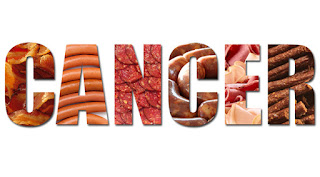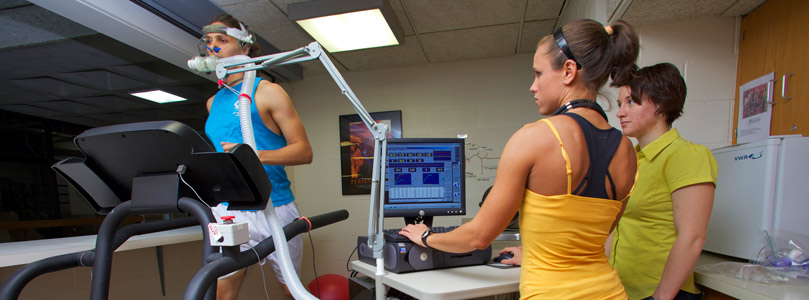"No single food or food component can protect you against cancer by itself. But strong evidence does show that a diet filled with a variety of plant foods such as vegetables, fruits, whole grains and beans helps lower risk for many cancers."
-Foods That Fight Cancer™
Cancer is the most prevalent disease in the world without a known cure. About 7.6 million people die worldwide, each year from cancer. While the risk of developing cancer is about 50% for men and about 40% for women, it can be combatted with proper nutrition, There are several foods that help us with the fight against the development and progression of cancer.
Broccoli
Broccoli contains sizable amount of sulforaphane, a potent compound that boosts the body's protective enzymes and flushes out cancer-causing chemicals. It also targets cancer stem cells, which aid in tumor growth.
Helps fight:

- breast cancer
- liver cancer
- lung cancer
- prostate cancer
- skin cancer
- stomach
- bladder cancer
Berries
All berries are packed with cancer-fighting phytonutrients called anthocyanins, which slow down the growth of premalignant cells and keep new blood vessels from forming.
Helps fight:

- colon cancer
- esophageal cancer
- oral cancer
- skin cancer
Tomatoes
Tomatoes are the best dietary source of lycopene, a carotenoid that gives tomatoes their red hue, It was found to stop endometrial cancer cell growth. Endometrial cancer causes nearly 8,000 deaths a year.
Helps fight:

- endometrial cancer
- lung cancer
- prostate cancer
- stomach cancers
Garlic
Phytochemicals in garlic have been found to stop the formation of nitrosamines, carcinogens formed in the stomach when you consume nitrates, a common food preservative.
Helps fight:
- breast cancer
- colon cancer
- esophageal cancer
- stomach cancer
Walnuts
Walnuts' phytosterols (cholesterol-like molecules found in plants) have been shown to block estrogen receptors in breast cancer cells, possibly slowing the cells' growth
Helps fight:
Beans
A study out of Michigan State University found that black and navy beans reduced colon cancer incidence in rats, in part because a diet rich in the legumes increased levels of the fatty acid butyrate, which in high concentrations has protective effects against cancer growth.
Helps fight:
There are also foods that cause cancer directly and indirectly.
Animal fatsMeat, cheese, and butter can be rich in saturated fat, which has been linked to obesity—a big cancer predictor.
Causes:
- breast cancer
- colon cancer
- rectum cancer
- endometrium cancer
Processed Foods
A ballpark hot dog or a few slices of bacon once in a while won't kill you, but don't make them a staple of your diet. Some cured meats tend to be high in nitrites and nitrates, preservatives that can, in large amounts, potentially increase your risk of

Causes:
- stomach cancer
- colon cancer
No amount of alcohol is safe. Alcohol causes havoc on every body cell it touches, so stop after one drink, or don't start at all.
Causes:
- mouth cancer
- esophagus cancer
- breast cancer
“AICR’S FOODS THAT FIGHT CANCER™.” American Institute of Cancer Research. American Institute for Cancer Research, 2016. Web. 27 Mar. 2016. <http://www.aicr.org/foods-that-fight-cancer/>.
“6 Cancer-Fighting Superfoods.” Health.com. Health Media Ventures, 2016. Web. 27 Mar. 2016. <http://www.health.com/health/gallery/0,,20430736,00.html/more>








